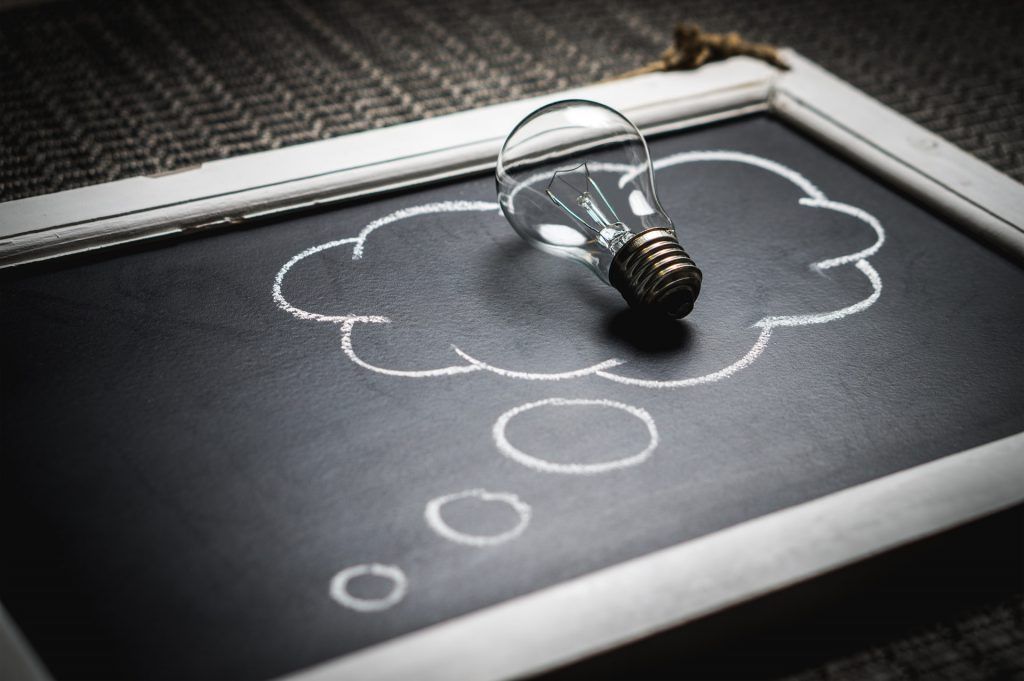One of my friends said that we could make a good case that we DO help people with disabilities. Compulsive pornography use is not usually thought of as a disability, but read how Merriam Webster defines disability: "a physical, mental, cognitive, or developmental condition that impairs, interferes with, or limits a person's ability to engage in certain tasks or actions or participate in typical daily activities and interactions." Pornography use interferes with people's sleep, their focus at work, and their ability to maintain healthy relationships. So, I think compulsive pornography use can be considered a disability. I updated the description of the app in Google Play to make the case that Ever Accountable IS helping users with disabilities. It is hard to say how Google will respond to this and I don't have a response from them yet.
Plan B:If Google doesn't agree that we help people with disabilities, then we'll need another way to share content on a device. I've been kicking around an alternative idea for a while now. I think we stand a chance to get done in time if we need to replace our current system. Warning, this gets a bit technical so feel free to skip it.
Basically, we use Android's screen capture system to take pictures of whatever is on the screen, then use Optical Character Recognition (OCR) to read the text on the screenshot. For the last week, I have been frantically working on a proof-of-concept app that is now running on my phone. It does OCR both on the phone and on a test server so I can compare. I've learned some things from this:
Good things about screen capture:- It seems to work with nearly every app and browser. I love the idea of solid accountability. Just like with accessibility it doesn't restrict your usage on your device. Freedom!
- It might open up the possibility to report pornographic images. Currently, we only monitor text and this way we could monitor pictures and video as well as text.
- We could display thumbnails of the screenshots in the reports alongside the content that has been viewed. We often have accountability partners ask for more details, and this way we could provide it. I realize there are privacy issues with showing screenshots in the reports, such as people who have "intimate" pictures of their spouse on their phone.
- It only works on Lollipop and later. We won't be able to support phones on older versions of Android than this.
- There will be a "monitoring has started" message every time you turn on your device and also sometimes while you're using it. This message might get annoying.
- It will likely put more load on the system, and the culprit is that OCR (optical character recognition) is rather heavy-duty. We have a tradeoff - use more memory on the device, or use more data. We can do the OCR on Ever Accountable servers to save memory and a little battery life on the device. But it requires us to upload high-resolution screenshots to the server. We'll compress them of course and use wifi if you're connected, but my very early estimates are that this will use several hundred megabytes of data per month, maybe even a gigabyte depending on how much you use your device, and how often we take screenshots.
- We can do OCR on the device to keep the data usage low. The major downside here is that OCR seems to take up an extra 100 megabytes of your device's memory which might make things run choppier. There will also be some extra battery drain, but that might not be noticeable.



